What Is Stress?
Whenever a system deviates away from "equilibrium" the system is in a state of stress. How that system recovers depends heavily on the system itself. For human beings, the process of recovery depends on our individual self traits coupled with our ability to move ourselves back to equilibrium. First, a better definition of "stress" might be the best way to really start to understand the feeling and solutions toward overcoming the negative aspects. Additionally, later in the blog post, the realization of the positive attributes of using the state of "stress" positively will be discussed. Many of the readers will be surprised at the different perspectives of "stress" that are available.
Many of us recognize the state of being stressed that is commonly portrayed in society on an everyday basis. Usually, that state is associated with the feeling of fear, anxiety, and a heightened state of awareness. If the word "stress" is typed into a search engine followed with the word "Wikipedia," the following image or page will appear:
As you can see, there are many definitions of stress available on "Wikipedia." Of course, the stress (as mentioned above) that humans typically experience -- is usually a feeling of overwhelmed mixed in with fear and anxiety. Stress (psychological) is defined by "Wikipedia" by the following excerpt:
In psychology, stress is a feeling of strain and pressure. Small amounts of stress may be desired, beneficial, and even healthy. Positive stress helps improve athletic performance. It also plays a factor in motivation, adaptation, and reaction to the environment. Excessive amounts of stress, however, may lead to bodily harm. Stress can increase the risk of strokes, heart attacks, ulcers, dwarfism, and mental illnesses such as depression.[1]Stress can be external and related to the environment,[2] but may also be created by internal perceptions that cause an individual to experience anxiety or other negative emotions surrounding a situation, such as pressure, discomfort, etc., which they then deem stressful.Humans experience stress, or perceive things as threatening, when they do not believe that their resources for coping with obstacles (stimuli, people, situations, etc.) are enough for what the circumstances demand. When we think the demands being placed on us exceed our ability to cope, we then perceive stress.
This type of stress is identifiable to most of us as we traverse our daily routines. Understanding how to identify stress points in our daily lives is very critical. Especially, if we hope to overcome stress. From a biological standpoint or chemical standpoint, what is stress? The biology or physiology of stress is rather complex. First, the traditional chemicals that affect the "neural chemistry" of stress are listed below -- taken from the "Wikipedia" page:
Corticotropin-releasing hormone:Corticotropin-releasing hormone is the neurohormone secreted by the hypothalamus during a stress response that stimulates the anterior lobe of the pituitary gland by binding to its corticotropin-releasing hormone-receptors, causing the anterior pituitary to release adrenocorticotropic hormone.[42]Adrenocorticotropic hormone:Adrenocorticotropic hormone is the hormone secreted by the anterior lobe of the pituitary gland into the body's blood stream that stimulates the cortex of the adrenal gland by binding to its adrenocorticotropic hormone-receptors, thus causing the adrenal gland to release cortisol.Cortisol:Cortisol is a steroid hormone, belonging to a broader class of steroids called glucocorticoids, produced by the adrenal gland and secreted during a stress response. Its primary function is to redistribute energy (glucose) to regions of the body that need it most (i.e., the brain and major muscles during a fight-or-flight situation). As a part of the body's fight-or-flight response, cortisol also acts to suppress the body's immune system.Cortisol is synthesized from cholesterol in the adrenal cortex.[43] Its primary function is to increase blood sugar through gluconeogenesis, suppress the immune system and aid in fat and protein metabolism.[44]Norepinephrine:Norepinephrine is a neurotransmitter released from locus coeruleus when stimulated by the hypothalamus during a stress response. Norepinephrine serves as the primary chemical messenger of the central nervous system's sympathetic branch that prepares the body for fight-or-flight response.Serotonin:Serotonin is a neurotransmitter synthesized in the raphe nucleus of the pons of the brainstem and projects to most brain areas. Serotonin is thought to play an important role in mood regulation. Stress-induced serotonin dysfunctions have been associated with anxiety, fear and depression-like symptoms.Neuropeptide Y:Neuropeptide Y is a protein that is synthesized in the hypothalamus and acts as a chemical messenger in the brain. Traditionally, it has been thought to play an important role in appetite, feeding behavior, and satiety, but more recent findings have implicated Neuropeptide Y in anxiety and stress, specifically, stress resiliency.[45]
How do these chemicals actually play into the process of stress? Meaning, when a person feels "stressed" what is going on in the brain with the chemicals listed above. According to the Neuroscientist Dr. Kristen Race in her "TED Talk" titled "Settle Down, Pay Attention, say Thank You: A How-To" the stress response proceeds as follows (after the image of the brain):
The stress response in the body proceeds as follows:
Let's take a look at what it looks inside the brain:1) my eyes sent the image of the bear2) to the relay center in my brain called the thalamus.3) The thalamus perceived the bear as threatening4) and sent a signal to the amygdala5) which activated a set of responses designed to promote survival.6) This floods our nervous system with chemicals.7) Our heart pounds faster.8) Our breathing becomes quick and shallow.9) Muscles tighten and senses sharpen.
Upon reading the first bullet point, you might be confused. The excerpt above was taken from the talk highlighted above about the speaker's (Dr. Kristen Race) reaction to seeing a bear in the woods on a trip years ago. In her talk, she describes how different parts of the brain play different roles during a stress response as follows using the encounter with the bear:
Now, that message also goes to the prefrontal cortex. This is the part of our brain responsible for attention, impulse control, problem solving, decision making and forward thinking. It's the part of our brain that registers positive emotions and helps us work and learn efficiently.
Basically, we have the smart part of our brain, the prefrontal cortex, and the alarm part of our brain in the limbic system. The alarm part of our brain reacts faster and, at times, can be stronger than the smart part of our brain.
In this instance, my prefrontal cortex was slow to access the information I had learned about bear because the alarm response had taken over.
If we were to look at it on a graph, it would look something like this. At our baseline, we feel calm and at ease, and our prefrontal cortex is in charge.
When the alarm is triggered, our limbic system is in charge. This is a classic fight-or-flight response, or stress response.
There are, however, stress responses triggered all the time in our lives that aren't necessarily life-threatening, but the chemical reaction and what happens inside our brain is the same.
Here is the corresponding diagram that she uses to illustrate the "spike" in the stress response while the pathways are being activated:
Source: Kristen Race
How does this graph look if a person is chronically stressed over a given day, year, or a number of years?
Here is a diagram that is used in her talk to illustrate the response of "chronic stress" shown below:
Source: Kristen Race
What type of an effect does this series of spikes have on the "immune system"?
To answer this question, we need to turn again toward "Wikipedia"(biology) for the following description shown below:
Stress is the body's reaction to any stimuli that disturbs its equilibrium. When the equilibrium of various hormones is altered the effect of these changes can be detrimental to the immune system.[46] Much research has shown a negative effect stress has on the immune system, mostly through studies where participants were subjected to a variety of viruses. In one study individuals caring for a spouse with dementia, representing the stress group, saw a significant decrease in immune response when given an influenza-virus vaccine compared to a non-stressed control group.[46][47] A similar study was conducted using a respiratory virus. Participants were infected with the virus and given a stress index. Results showed that an increase in score on the stress index correlated with greater severity of cold symptoms.[46] Studies with HIV have also shown stress to speed up viral progression. Men with HIV were 2–3 times more likely to develop AIDS when under above average stress.[46]Stress affects the immune system in many ways. The immune system protects the body from viruses, bacteria, and anything that is different or that the body does not recognize. The immune system sees these as intruders and it sends messages to attack. The white blood cells, leukocytes, are very important to the immune system.[48] White blood cells have several types including B cells, T cells, and natural killer cells. B cells secrete antibodies. T cells attack intruders and natural killer cells attack cells that have been infected by viruses. These leukocytes produce cytokines which fight infections.[48] But they also are the immune systems communicator in telling the brain that the body is ill. When an individual is stressed or going through a stressful experience the immune system starts to produce natural killer cells and cytokines.[49] When levels of cytokines are higher they combat infections and therefore the brain gets communicated the body is ill and it produces symptoms as if the individual was ill. These symptoms include fever, sleepiness, lack of energy, no appetite, and basically flu like symptoms. These symptoms mean the body is fighting the illness or virus.[48] This is useful for when the body goes through the stress from an injury. But the body has now evolved to do this process during stressful events such as taking exams, or even going through a life changing event such as a death of a family member or a divorce.[49] That is why many times when individuals are stressed because of life changing events or situations such as those, they get these symptoms and believe they are sick when in reality it can be because the body is under stress.[49]
As you can see, the effects are numerous and deleterious. Or should I say, this is the current understanding and thinking surrounding stress and the toll that is taken on the immune system. Therefore, to minimize the effects (negative effects) of stress, we must learn how to identify the state of feeling stressed and learn how to capitalize the moment in a positive way, or counteract the negative state quickly. The possibility of removing stress from one's life is impossible. In fact, that would be unhealthy. Stress is good to challenge us in a sense and keep us sharp. This brings me to the next section of the blog post -- proactive use of stress.
Does the physiological process of "stress" have to be viewed from a negative perspective? Is there a way to use the "state of stress" as a positive attribute? In order to do this, we need to recognize the feeling of being stressed and utilize the state in a positive way.
Instead of reacting to the state of stress as a negative reaction, why not use the state as a proactive way to motivate success?
The transition from reacting to stress and utilizing stress in a proactive way is in line with current thought of stress and the concept of mindfulness. Proactive is equivalent to being "offensive" rather than "defensive." Having an "offensive" mindset can control their mindset and have a script in their mind that is healthy along with an increased level of commitment toward a healthy life.
Returning to Dr. Kristen Race's diagram approach, what would such a mind look like?
Living in control and see through the clutter (of stress) to have a proactive mindset, their mindset would appear like the following:
Source: Kristin Race
Wow! What a concept right? How does a person achieve this control over their mindset? Lets explore the title of the blog post a little more in detail and see what positive attributes may come about as a result.
Mind Over Matter!
As I alluded to above with the work of Dr. Kristen Race, the stress response does not need to be a negative aspect of our lives. Instead of "reacting" to stress, why not use the stress in a proactive way. In order to do so, we must be able to identify stress.
What exactly does that mean -- to identify stress? Do I need to take a test to see if I am stressed?
No, I do not mean that you should take a "stress test" of which there are many available online. That is unless you would like to. Shown below is one such example of a "stress scale" -- the Holmes and Rahe Stress Scale:
Lets return to the title which states the following motto: "Mind over matter: if you do not mind, it doesn't matter." The quote is extremely powerful. How can a person turn this quote into a proactive statement. Commander Mark Divine does so with the following statement in his video titled "Mental Toughness Navy Seals" with a quote:
"Victorious warriors win first and then go to war, while defeated warriors go to war first and then seek to win"
Notice how the preparation is the key element in the above quote. Preparation is a large part of relieving stress. Especially, when a person feels stress residing in their body or building up. There are multiple avenues by which to deal with the stress that builds up in a person's body. Exercise and meditation seem to be the best way to lead a proactive approach to avoiding the build up of stress in your body. Commander Mark Divine is the author of the book titled "Unbeatable Mind." I have yet to read the wonderful book, but have heard quite a bit about the book while listening to his podcasts -- which are freely available on his website -- click here and enjoy.
Warriors like Commander Divine have mastered the technique of controlling their mind. In the title, "Mind Over Matter: If You Do Not Mind, It Does Not Matter" there is a powerful meaning which everyone should ascribe to mastering. The power of controlling your mind is overwhelmingly powerful. Each of us has the ability to learn how to do so. Furthermore, each of us have the ability to do so with our own mind! Reading widely and practicing a variety of techniques is not going to solve your problem of dealing with your stress and controlling your mind. But you know how to control your own mind -- better than anyone else. Meaning, you have to explore what works for you. What works for you may not work for others.
Sometimes I laugh to deal with stressful situations -- is that alright?
Of course, not only is laughing healthy, you will be practicing what cutting edge science is discovering a powerful way to utilize stress in your body. Current research by Dr. Kelly McGonigal suggests that this is the case. I recently watched a wonderful TED talk by the Psychologist Kelly McGonigal titled "How To Make Stress Your Friend" which opened my eyes to a new vision of stress.
In her talk, she talks about a variety of stress responses that can be constructive rather than destructive. During the typical stress response as discussed above, your heart rate will elevate and as a result the blood vessels will appear like that shown below -- with a thick wall rather than a thin wall:
Source: Kelly McGonigal
This constriction is believed to be the reason that stress is associated with the onset of cardiovascular diseases. Now, what was revealing and absolutely amazing about Dr. McGonigal's insight into a study down at Harvard was that perception of stress was a "game-changer." In a study done, two groups of patients were formed with opposite perceptions of stress. One group was told that stress is good for them, challenging their bodies and will help them live longer. Whereas the second group was told of the negative impacts of stress on the body and the shortened lifespan that could result with years of chronic stress. What do you think the results indicated?
In the first group, the blood vessels measured indicated that they appeared normal - relaxed (i.e., in the diagram above -- thin walled -- less constricted). Whereas in the second group, the walls of the blood vessels increased in thickness and constricted while their blood pressures rose. This profile resembles the state of a cardiovascular disorder. Not good.
What if we could have our bodies
Another surprising revelation of the TED talk was the contribution of the chemical "oxytocin" to the stress response. Stress makes you social -- really? Yes, check this out. Oxytocin is shown below:
Source: Kelly McGonigal
Now, oxytocin makes you want to forge relationships and gather help from others to deal with the stressful situation -- seek support. A biological response to help you deal with the stress -- get help or support. The human heart as shown below has a number of oxytocin receptors on the surface:
Source: Kelly McGonigal
What does this mean? Well..what this means is that the process of seeking support and gather help from others during a stressful period actually will strengthen the heart muscle. What? Really? Indeed, that is what the study says. Wow.
Conclusion...
Where do we go from here? From what has been presented above, I think the concept of taking a proactive approach toward utilizing stress in a positive manner is a key element to our health -- both of the body and mind. That means that the time has approached to ask one's self: How do I make this stress productive? The chemicals are already present, might as well use them productively.
Searching over the internet for stress videos elicits a huge number of responses. Everyone is a professional on how to identify stress and how to deal with the onset. What I would like to convey is this:
You are the only person that knows exactly when you are stressed! Furthermore, you are the only person who knows exactly how to get rid of that stress!
Understanding the above statement is critical to your success in dealing with stress. With the enormous amount of content available online regarding stress, one would be led to believe that the stress in everyone's lives would be alleviated. That is not the case. Each of us need to learn what technique works for us individually.
I do this by exploring my mental awareness on my blog located on our website: kaiserwellnesscenter.com. On that site, I have my mental awareness journey -- click on the left hand side titled "Mike's Mental Awareness Journey" to access page of entries. What do you use? What has been successful for you? Leave a comment below. Until next time, have a great day.
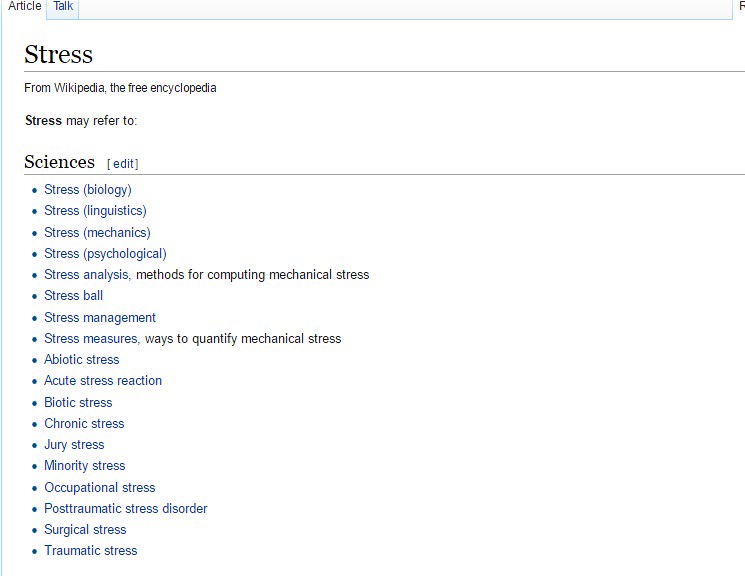
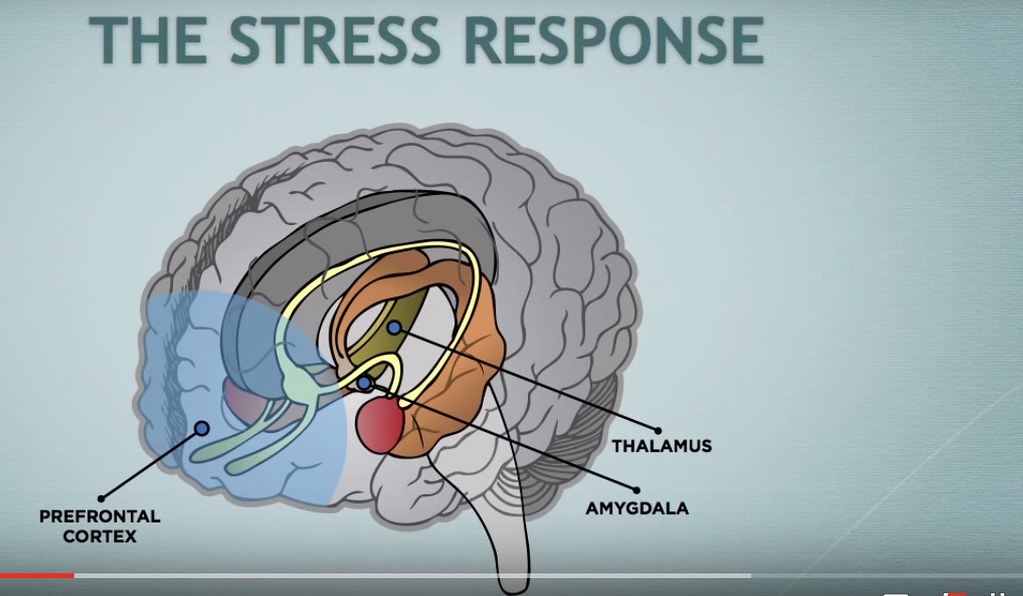
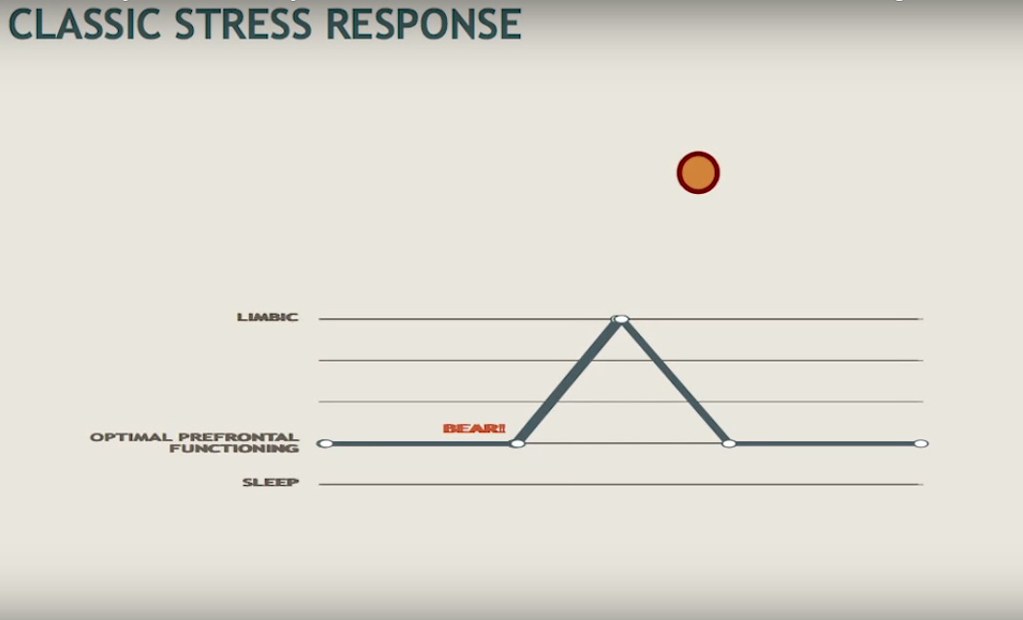
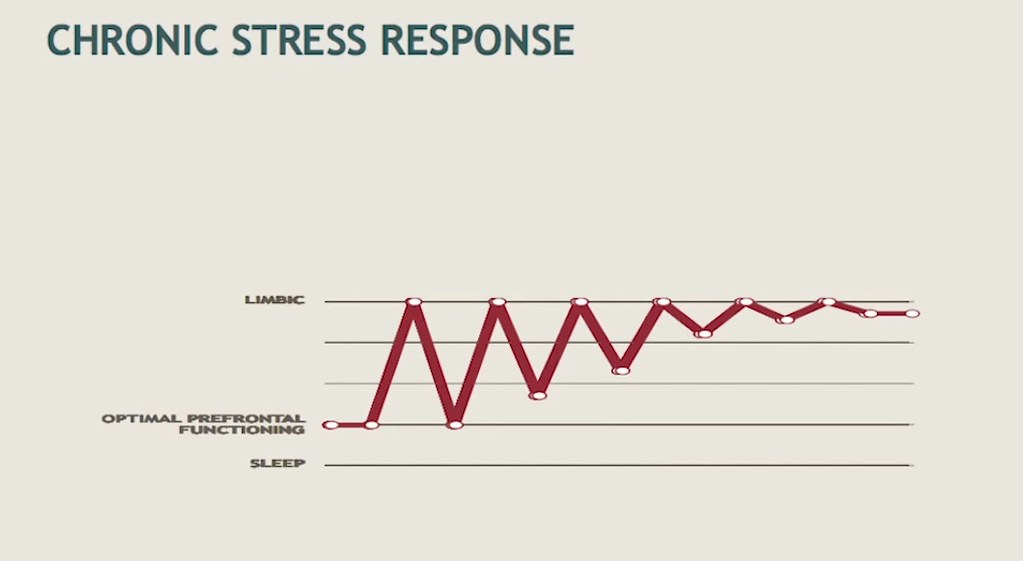
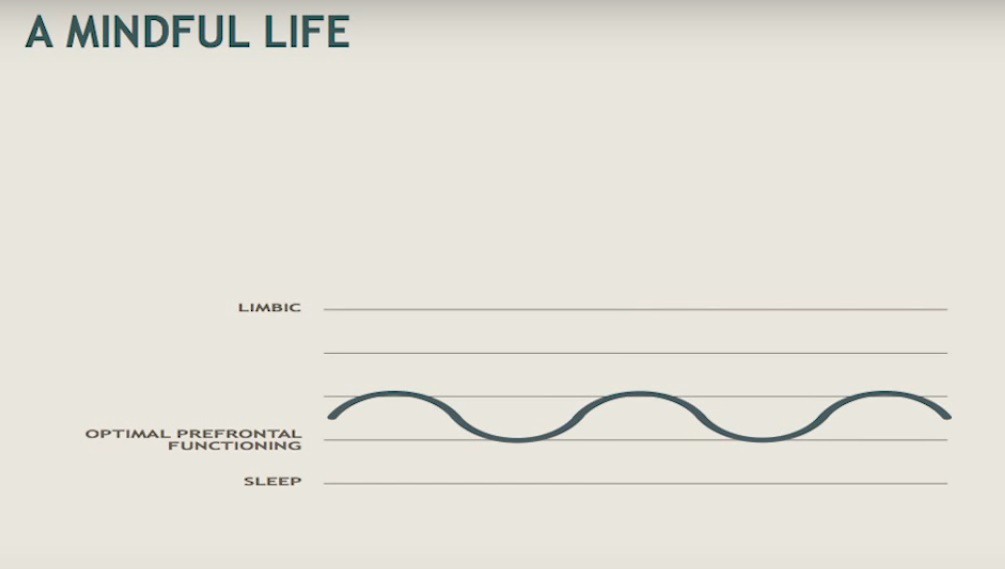
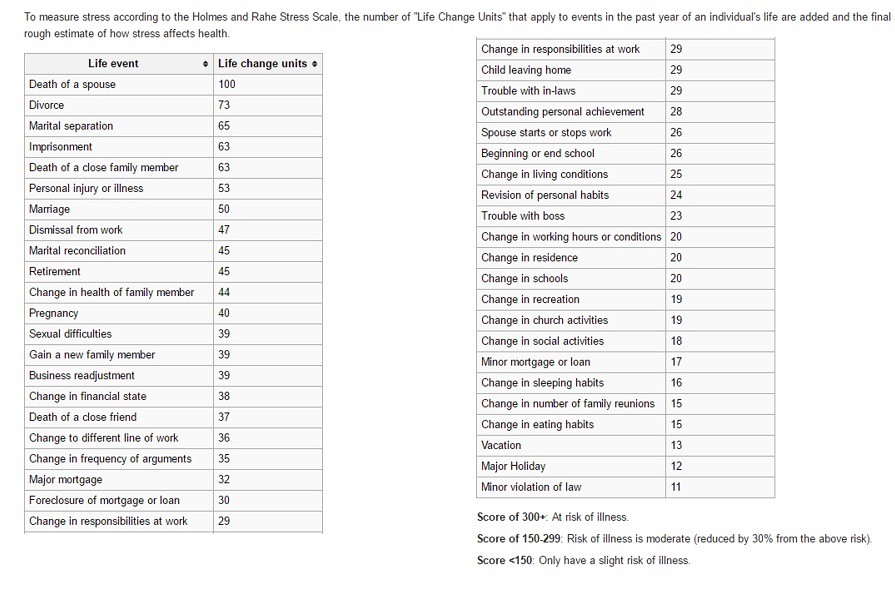
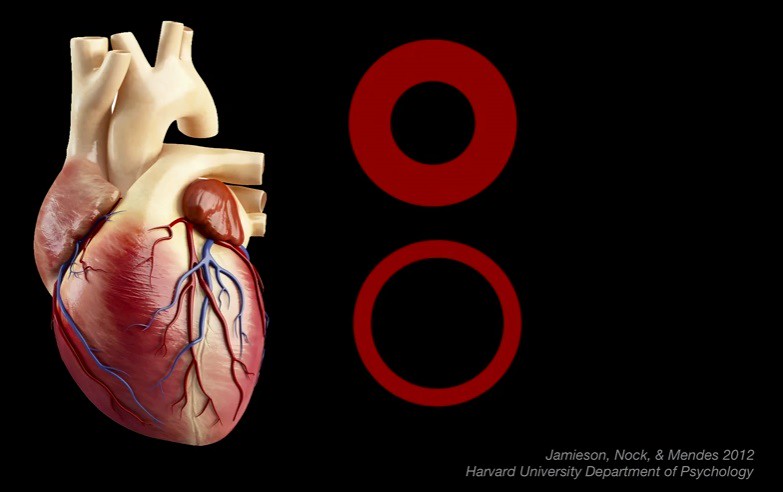
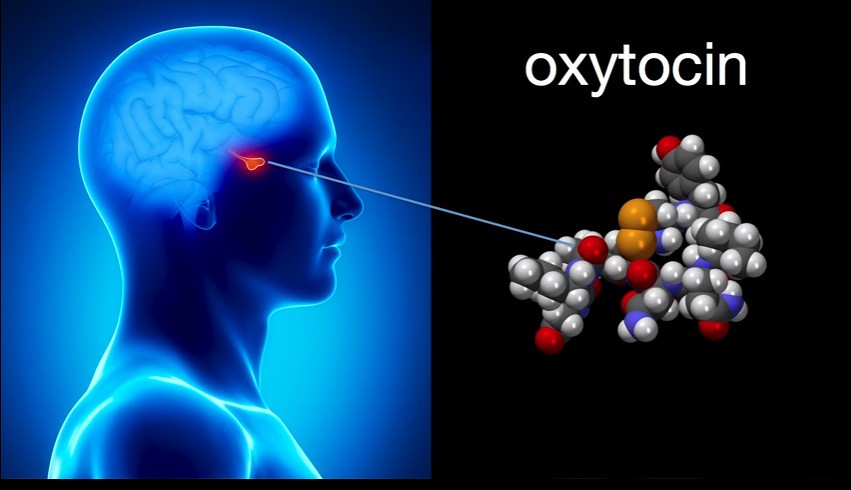
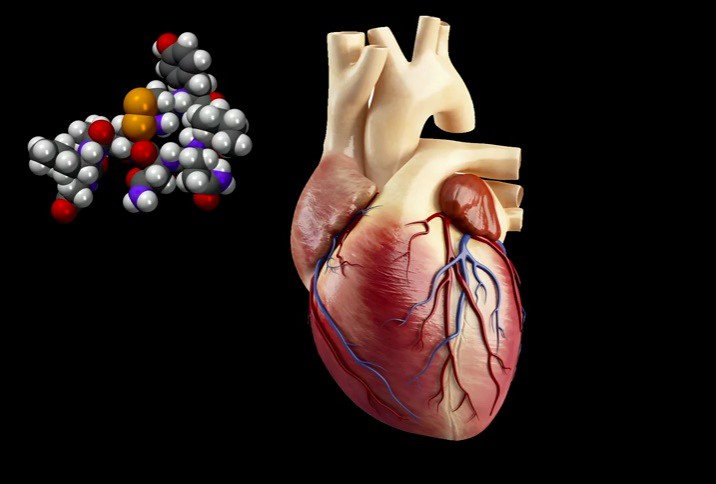
No comments:
Post a Comment